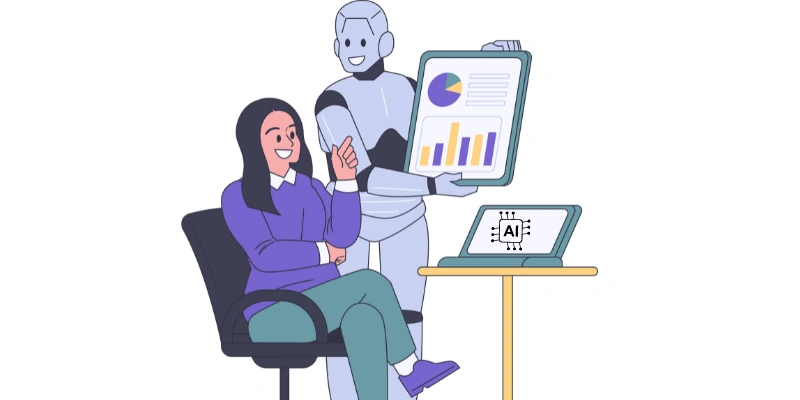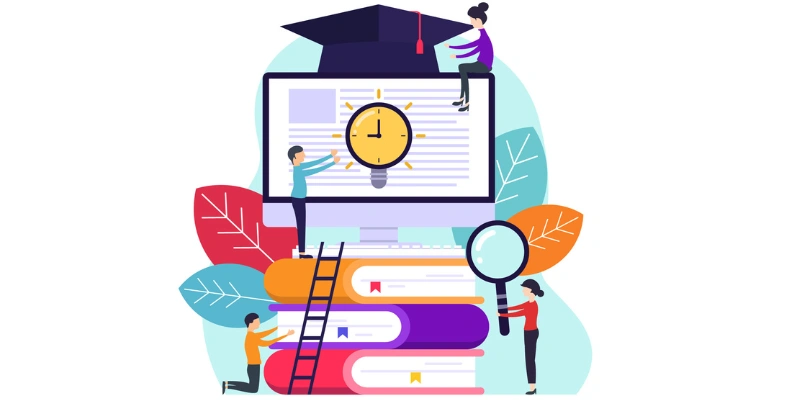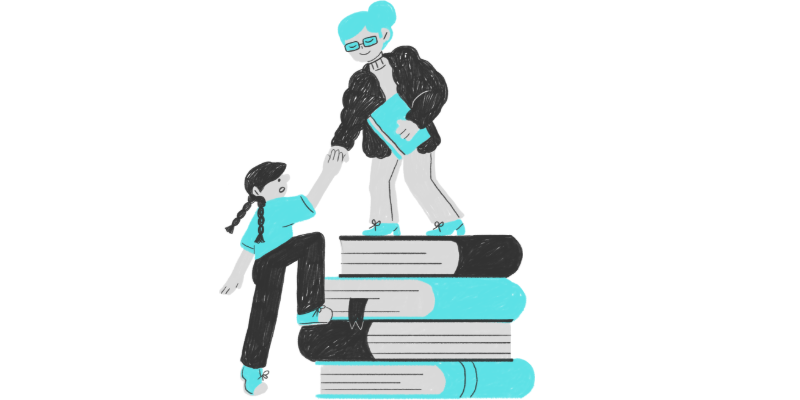
As we work towards having every student, regardless of their background, have the same access to quality education, this is the promise of educational equity, yet achieving it is often hindered by various barriers. Thanks to advancements in technology, particularly Artificial Intelligence (AI), we are witnessing transformative changes in education and Advancing Educational Equity. AI holds the potential to revolutionise how students learn, by tailoring education to individual needs and ensuring inclusivity. This exploration delves into how Advancing Educational Equity with AI can be a catalyst for making quality learning accessible to all.
Personalised Learning Experiences

AI can tailor learning to individual students by creating personalised learning pathways. Unlike traditional models that treat all students the same, AI adapts to the unique needs of each learner. For instance, if a student excels in reading but struggles with math, AI can offer practice exercises in math while providing advanced reading tasks. Platforms like Khan Academy utilise AI to give students personalised feedback and hints during lessons. This dynamic approach makes learning more engaging, akin to having a personal tutor available around the clock. In this way, AI can transform any device into a teaching tool, similar to how apps suggest personalised content in our daily lives.
Access to Quality Resources
AI-powered platforms ensure that students everywhere can access top-tier educational resources. For those in remote areas with limited access to schools, AI can provide a lifeline to quality education. Through internet-connected devices, students can access interactive lessons, videos, and quizzes. Sites like Khan Academy allow students to learn at their own pace, much like solving puzzles with a supportive guide, fostering an engaging learning environment.
AI Settings Lead to Better Outcomes
AI systems adapt content to suit individual learning needs. They identify when a student struggles and offer targeted assistance, preventing the one-size-fits-all approach. Platforms such as Edmodo customise lessons to better fit student requirements, enhancing learning efficiency and creating a nurturing educational environment, akin to personalised sports training gear.
The Power of AI in Everyday Learning

AI brings education into the daily routine, making learning as natural as using a phone or tablet for entertainment. Students can learn anywhere, turning any location into a classroom. AI simplifies access to education, much like listening to a favorite song whenever desired, enabling continuous and convenient learning.
Identifying and Supporting Struggling Students
One of AI’s strengths is its ability to quickly analyse data, identifying students who may need additional help. For example, consistent low math scores can pinpoint a need for extra support. By alerting educators, AI enables timely interventions like tutoring or study groups, helping students before they fall behind. This proactive approach can reduce stress and improve learning experiences, akin to a friend offering support at just the right moment.
Reducing Bias in Education
AI aids in addressing biases in educational assessments. Traditional exams may unintentionally favor certain groups due to outdated stereotypes. AI analyses assessments to ensure fairness, allowing students to be evaluated based on their abilities. Furthermore, AI recommends tailored learning materials that support individual growth, much like personalised playlists on entertainment platforms.
Enhancing Inclusivity

Inclusivity in education is vital for fair access. AI systems ensure that learners, regardless of language or ability, can engage with educational content. Tools like translation apps and assistive technologies make learning accessible for those with different needs. AI can customise lessons to support students’ unique requirements, ensuring everyone feels included in the learning process.
Wrapping Up Advancing Educational Equity with AI
In conclusion, AI technology is playing a critical role in making education more equitable and inclusive. By providing personalised learning experiences, ensuring access to quality resources, and supporting struggling students, AI helps bridge educational gaps. Moreover, AI addresses biases and enhances inclusivity, ensuring that every student has the chance to succeed. Like a GPS guiding you to your destination, AI navigates students through their educational journey, leading to a brighter and more equitable future for all. As AI continues to evolve, its potential to transform education promises a world where learning is accessible, personalised, and fair for everyone.